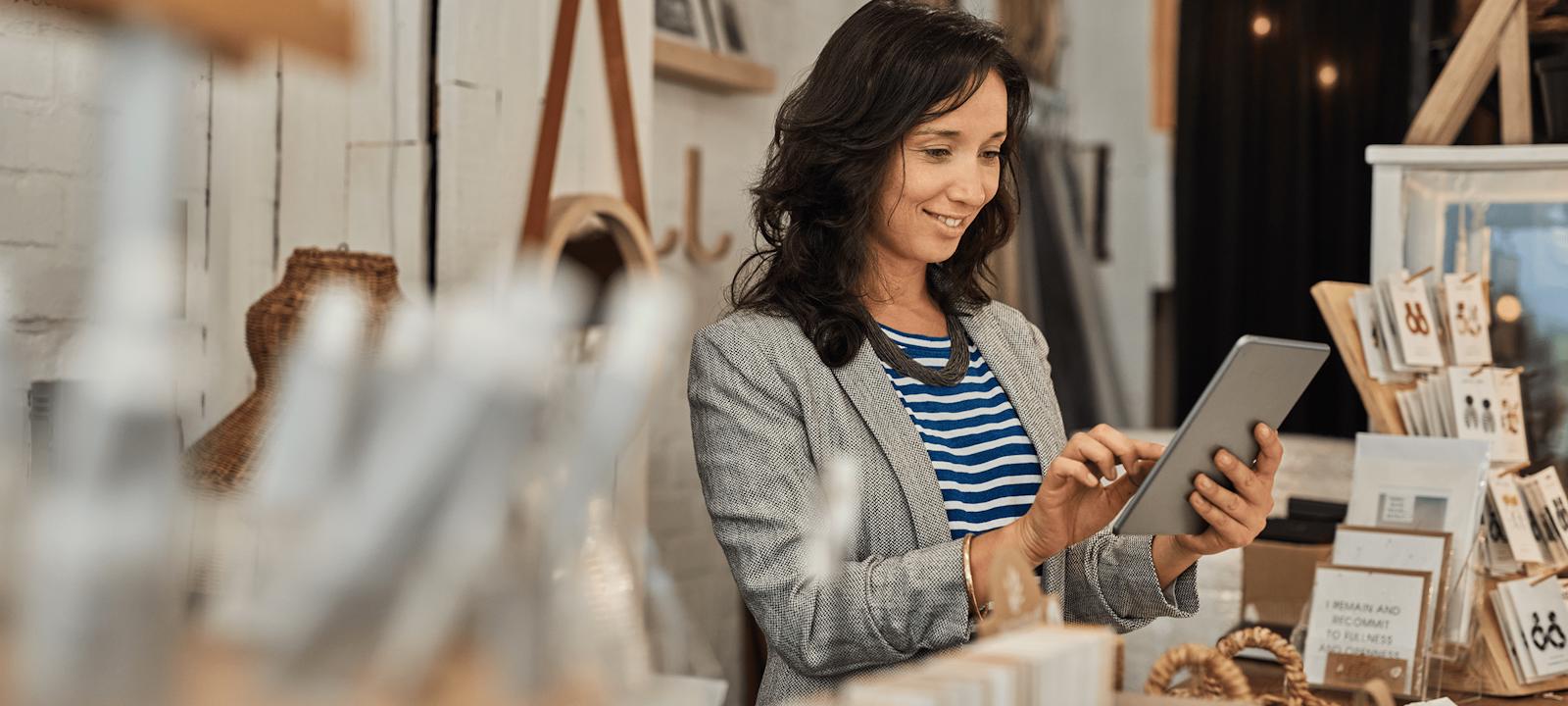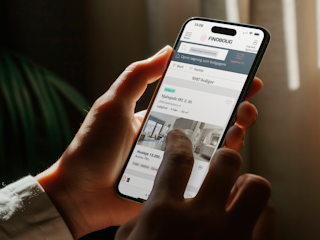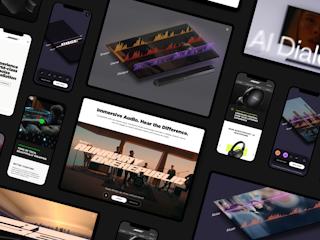Digital sales reach holiday levels in June
In July, Adobe released its digital economy index, which found that June e-commerce sales were trending above holiday shopping levels. Additionally, in June 2020 sales were 76.2 percent higher than June 2019. The report also revealed that 23 percent of online consumers now prefer ordering online and picking products up in store or at the curb. Online shopping and in-store pickup are not new, but the rapid acceleration in consumer behaviour here is.
Prior to the pandemic, retailers were already adopting new commerce models but the onset of COVID-19 has given this a new urgency. The dramatic shift in shopper behaviour has proved to be taxing even for those with the strongest retail operations. Companies have been navigating disruptions to product supply, changing store layouts to make it safer for shoppers and employees, and ensuring the safety of their employees, all during a time of very uneven revenue where many retailers have either seen accelerated sales or dramatic slumps in business.
RAIN RFID empowers shoppers, omnichannel fulfilment and staff
Year after year, we continue to see companies credit the technology they implement as a key to their success. This year has been no different. Last month, Inditex— one of the world’s largest fashion retailers and parent company to ZARA— credited their investment in an integrated store and online sales platform, together with a flexible distribution base, for its success. Inditex uses RFID technology across all of its brands to track accurate inventory data in an integrated stock management system across the store platform.
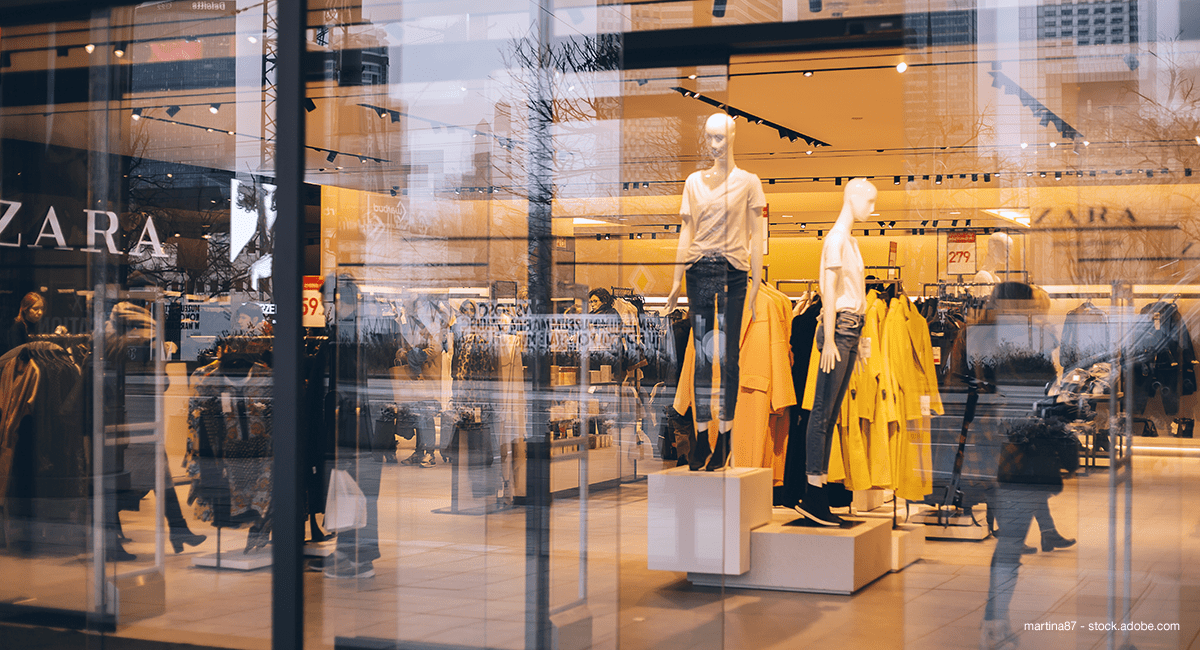 Similarly, Nike has become known for its tight operations and seamless supply chain operations. In Nike’s June 2019 earnings call, CEO, Mark Parker, said that, “RFID gives us the most complete view of our inventory that we’ve ever had. It’s quickly becoming the most precise tool in our arsenal, to meet an individual consumer’s specific need at the exact right moment.”
Similarly, Nike has become known for its tight operations and seamless supply chain operations. In Nike’s June 2019 earnings call, CEO, Mark Parker, said that, “RFID gives us the most complete view of our inventory that we’ve ever had. It’s quickly becoming the most precise tool in our arsenal, to meet an individual consumer’s specific need at the exact right moment.”
Retailers are turning to technology like RFID, or more specifically the type of RFID called RAIN RFID, which offers a way to wirelessly, and very quickly, count thousands of retail items instantaneously. A small, inexpensive tag that has an antenna and a tiny silicon chip is attached to every retail item and wirelessly communicates with a reader device. Each tag contains a unique identifier that is specific to that unique item. Tags are typically embedded into a product’s retail price tag or into a product during the manufacturing process. RFID-enabled tags allow employees to scan and track items as they move throughout the store or distribution centre. Companies can implement fixed readers in store doorways, stock rooms and distribution centres to provide the always-on monitoring of inventory.
Executing with accurate data and automation
The pandemic exposed many retailers’ weaknesses as they struggled to have complete visibility into their inventory and were unable to quickly pivot to meet the changing demands of consumers. Retailers who implemented sensor technology, like RAIN RFID, had effective inventory data operations which allowed them to shift product when demand quickly changed. Lululemon noted its success in regulating demand, with CEO Calvin McDonald stating in a March 2020 earnings call: “With the use of RFID we can access product at any point across our network, not just DCs but at our stores as well from ship from store. So, it allows us to just regulate demand that we are seeing today online.”
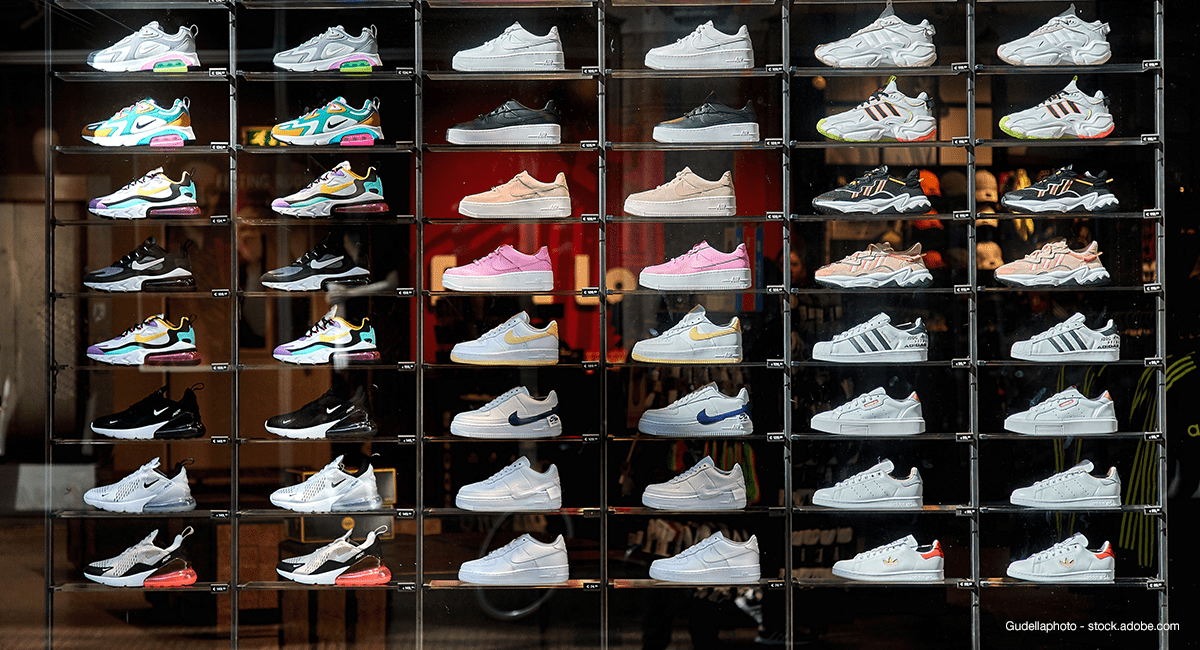 In-store, retailers are also changing the checkout process. The need for fast, efficient store checkout experiences isn’t new and has always been a focus for retailers, but in today’s COVID-19 world, the checkout process is a place where customers and employees may come into close contact. Self-checkout minimizes the need for customer contact with employees and with RAIN RFID sensor technology, retailers can create a seamless, automated, self-checkout experience that allows multiple items to be automatically identified at the same time. For retailers, this helps create a safer environment for customers and employees, minimizes self-checkout theft, and ensures accurate inventory tracking in real-time.
In-store, retailers are also changing the checkout process. The need for fast, efficient store checkout experiences isn’t new and has always been a focus for retailers, but in today’s COVID-19 world, the checkout process is a place where customers and employees may come into close contact. Self-checkout minimizes the need for customer contact with employees and with RAIN RFID sensor technology, retailers can create a seamless, automated, self-checkout experience that allows multiple items to be automatically identified at the same time. For retailers, this helps create a safer environment for customers and employees, minimizes self-checkout theft, and ensures accurate inventory tracking in real-time.
The retailers most driving most success in today’s difficult business environment are building trust and keeping customers. Technology is playing a powerful role in retailers maintaining and creating customer loyalty. Investing in tech, such as sensors and real-time tracking, helps retailers meet consumers needs even if they change drastically similar to what we saw when the pandemic began.
